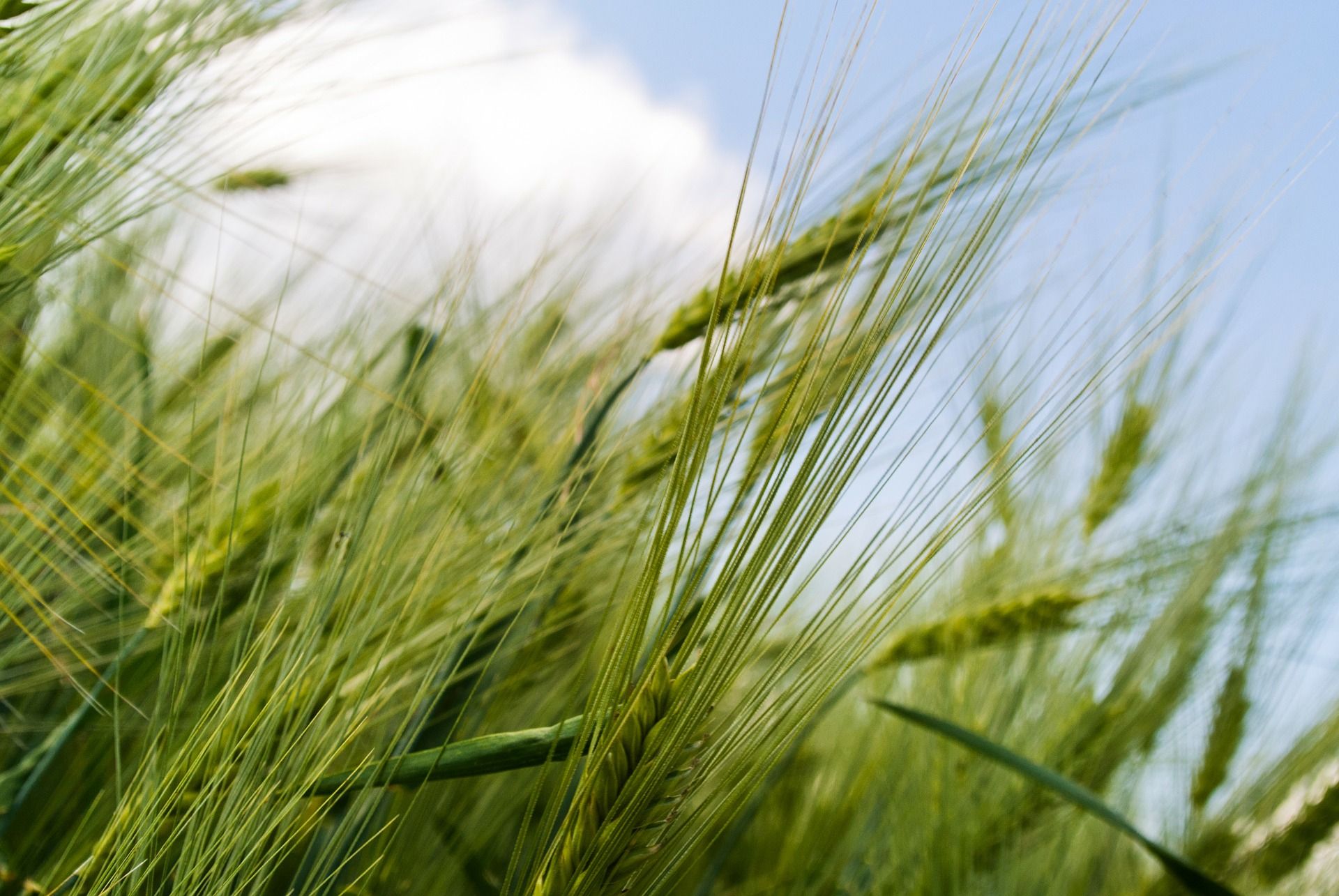** UPDATE: Added additional S2G Ventures investment of $6 million.**
NewLeaf Symbiotics, a biological crop input startup based in St Louis, has closed a $30 million Series C Round. The company announced an initial close of $24 million in July and increased that to $30 million when S2G Ventures committed in September.
This round was led by round led by Monsanto Growth Ventures (MGV) and Otter Capital. Lewis & Clark Ventures, along with Rockport Capital Partners, Pangaea Ventures, Open Prairie Ventures, and others.
The company will use the funds to triple the size of its R&D team and increase its facility to 16,000 sq ft. It will also build a fermentation pilot facility for product development purposes and get its beneficial bacteria-based products (commonly referred to as “biologicals”) to market.
NewLeaf’s first product will come to market at the end of 2017 or beginning of 2018 for use in the 2018 planting season, Tom Laurita, CEO told AgFunderNews. The product will initially be formulated for soybeans, peanuts, corn, wheat and tomatoes.
The company has been focused exclusively on Pink Pigmented Facultative Methylotrophs (PPFM) bacteria since its founding in 2012. This beneficial bacteria is present on all plant life and is able to convert plant waste compounds into beneficial nutrients, boosting plant health and yield. Laurita equated his biological product to probiotic products for humans.
Distribution of the product will focus on the US, Canada, and Argentina, where NewLeaf has been successfully piloting the product for three years. The company holds patents in the US, Europe, and Japan.
Laurita said that much of the biologicals research going on in the industry is unfocused, throwing many different microbes at a common problem to see if something works. “We know that this type of bacteria has many different functions so we’re going to become experts at that rather than do a survey.”
Laurita said that the shaky reputation of biologicals to date is part of what caused them to delay bringing their product to market until it had been sufficiently tested with proven success. Though he admits that the entire field has taken a step forward in recent years.
“When we started six years ago, the question of how they work was an open question. I think we’re on the next generation of biologicals at this point,” said Laurita. “There have been a lot of snake oil products out there. The wave of everybody and his cousin selling something, I think, is over.”
Biologicals can get to market quickly as most escape EPA review. Laurita explained that since PPFM are naturally present in plant life, the EPA only requires registration if a pesticidal claim is being made. NewLeaf’s first two products will not require such a review, but he said the company will be filing for EPA registration for products with pesticidal applications this year. Review takes approximately two years.
While biologicals have had a mixed reputation in the past, the big agricultural input players have staked large amounts of capital on their importance as future alternatives, or at least supplements, to conventional, synthetic agrochemicals. For instance, Bayer acquired biologicals startup AgraQuest in 2012 for $425 million and in the aftermath, established a dedicated office for its biologicals group in West Sacramento, CA. German chemical company BASF also made a move in the same direction, acquiring biological seed treatment company Becker Underwood in the same year for $1 billion. Koch Agronomic Services acquired the biological research and development business of Mendel Biotechnology in 2014.
Laurita said that he is not looking to rid agriculture of synthetic chemicals as a lot of media coverage of biologicals has indicated. “One of the keys from our point of view is to recognize the place of biologicals in that larger universe. That has been in our DNA from the beginning. We’re not missionaries. The goal is not to change how agriculture works. Let’s understand how it works and understand where biologicals really fit,” a philosophy that jives with their lead investor Monsanto. “Our investors are quite patient and quite involved,” he said.
NewLeaf’s strong ties to Monsanto are also deeper than just funding. Last year it hired a Monsanto microbiologist as vice president of research and development. A Monsanto district sales manager also joined NewLeaf as manager of field biology and agronomy last year.
Ryan Rakestraw, MGV’s venture principal, said: “The application of these bacteria in agriculture has tremendous potential to enhance yields and improve plant health.”
Before this round, NewLeaf raised $24 million in two equity rounds with an additional $3.55 million in debt financing, according to CrunchBase.





